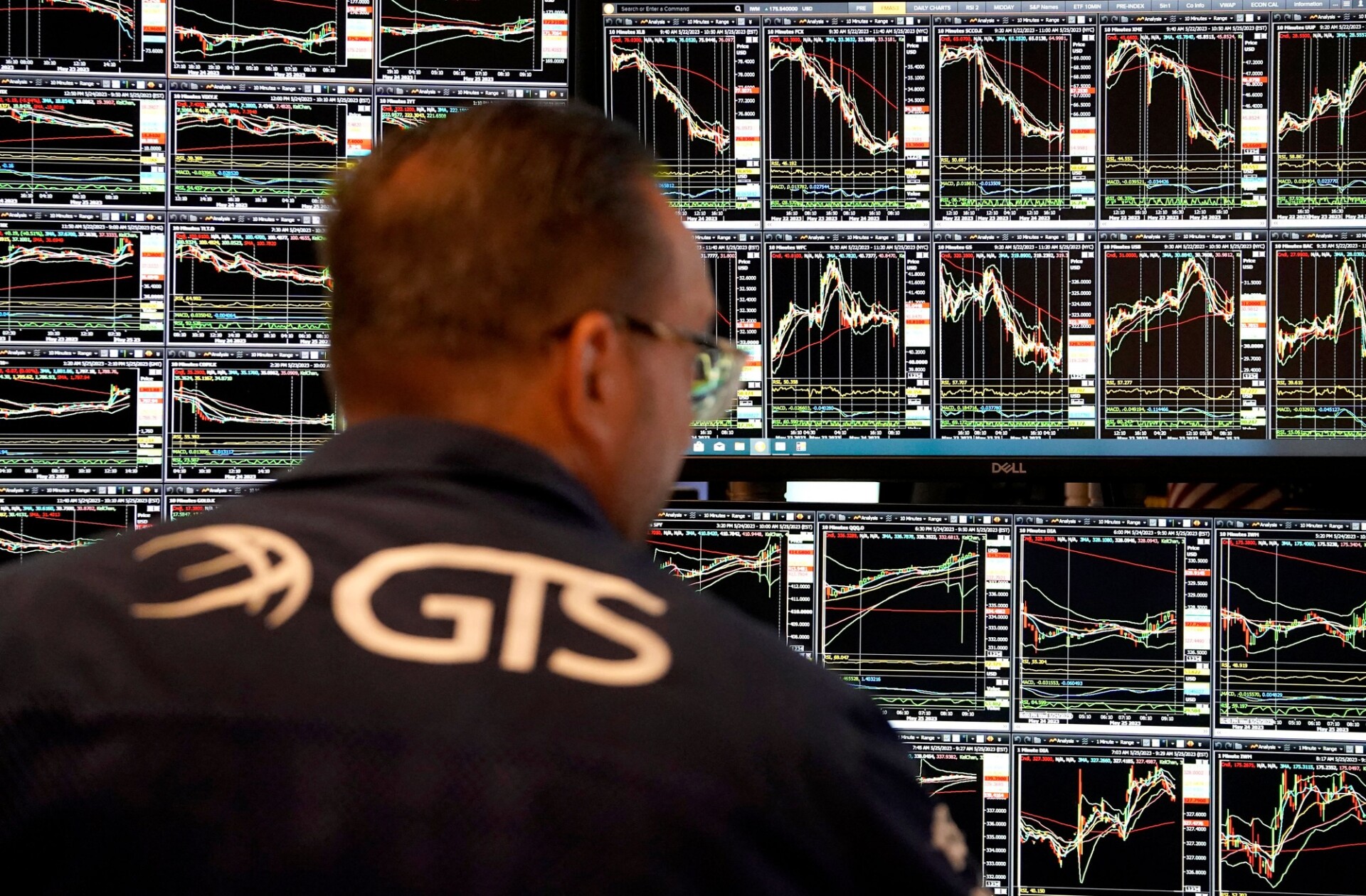Market reports on Wednesday morning were dominated by the powerful rally in US assets across a range of classes, from stocks to crypto. However, the distribution revealed some interesting trends.
Shares in companies connected personally to President-elect Donald Trump, such as his media company, went parabolic. Those in companies which share close personal ties to him, or were seen to be favoured by him, like Elon Musk’s Tesla, as well as crypto, oil and the banking sector have equally taken off. But those seen to be in his crosshairs, from renewables and shipping companies to any sector that will be affected by import tariffs, slumped.
What this suggests is that investors are anticipating a personalised form of government — something akin to the way Vladimir Putin manages his oligarchs, in which case a savvy management strategy would be to keep Trump happy. That will deliver handsome returns to the well-connected. Yet it may not be so good for the broader economy, since there’s no guarantee these players will necessarily be the most efficient or innovative.
The really big story, though, may be what’s happening in the corner of the market that is sitting out the party: bonds. Prices on US Government paper plunged on Wednesday, driving yields up by double digits and continuing an upward trend in interest rates that has been underway for weeks. Investors, anticipating an asset bubble and rising inflation, are starting to compensate by raising the interest rate they expect to get on loans to the American Government.
But, at a deeper level, investors are also growing anxious that the US may be losing control of its debt. With a national debt bigger than the economy, fuelled by a fiscal deficit that amounts to an additional 6% of GDP each year, bond investors had already begun souring on the US. When the Federal Reserve started cutting interest rates last month despite the economy remaining buoyant, investors further concluded that the central bank had abandoned the fight against inflation.
Given that it still holds the world’s principal reserve currency, the US won’t experience a Liz Truss moment of soaring bond yields, for the simple reason that the rest of the world will continue to buy US assets — not least if the interest rates on offer there are higher than they are back home. That tolerance of US profligacy is what has enabled Democratic and Republican administrations alike to operate with an unlimited tab.
But it may just be that some kind of limit is now coming into view. Trump plans to cut taxes and raise tariffs, both measures which would boost inflation, but says he’ll compensate by cutting spending. American governments always say that. Then they keep spending more.
If interest rates continue climbing this way, something will have to give. Either the Fed will have to allow inflation to rise and thereby inflate the debt away by debasing the currency, or it will have to follow bond yields higher and return to raising interest rates. The former would give the lie to Trump’s central promise to solve inflation on day one. The latter would burst the asset bubble, and lead to a crash as big as the bull market which preceded it.
Either way, the party today may well lead to pain tomorrow, and the wilder the celebrations, the uglier the eventual reckoning. There’s lots of money to be made stateside at the moment, but the trick will be to know when to get out.











Join the discussion
Join like minded readers that support our journalism by becoming a paid subscriber
To join the discussion in the comments, become a paid subscriber.
Join like minded readers that support our journalism, read unlimited articles and enjoy other subscriber-only benefits.
Subscribe